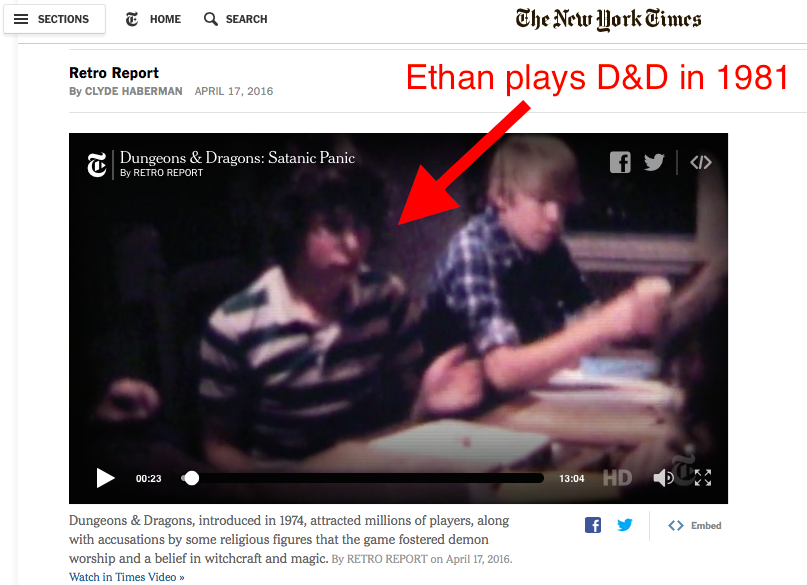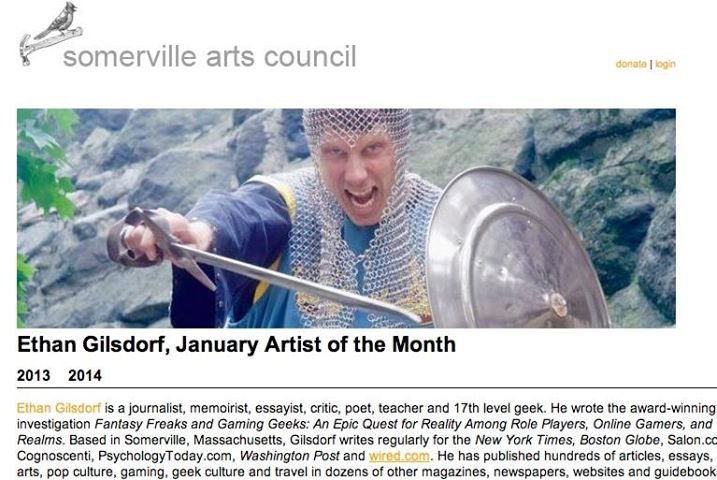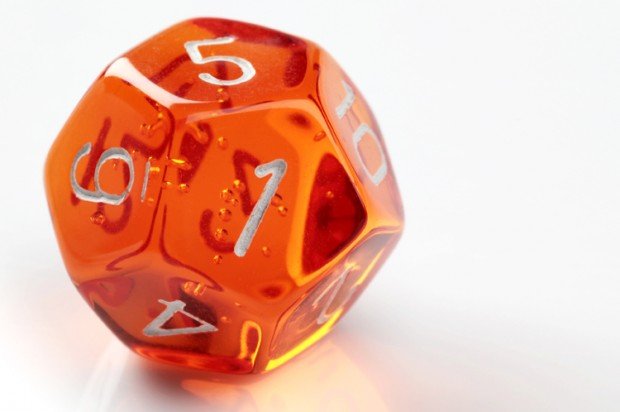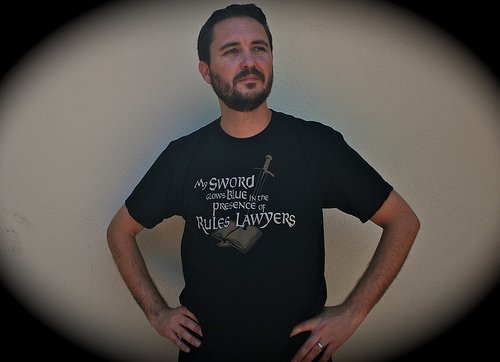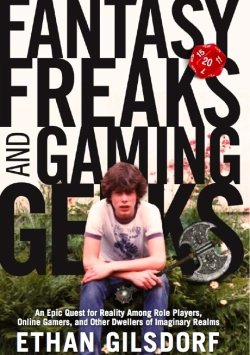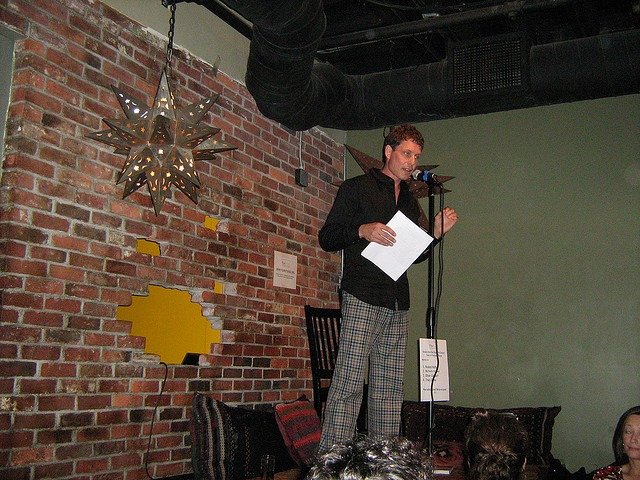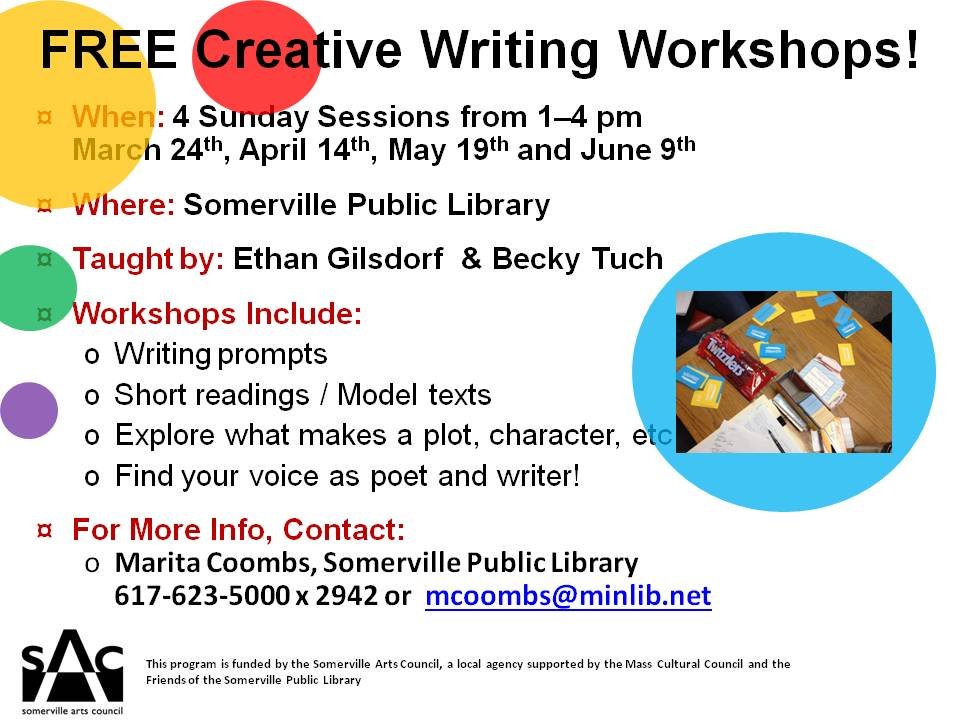Starring in these movies - the “Lord of the Rings’’ trilogy, “A Dangerous Method,’’ “A History of Violence,’’ “Eastern Promises,’’ “A Walk on the Moon,’’ and “The Road’’ - actor Viggo Mortensen assumes the shape of outsiders. His characters drift, wander, and resist the status quo. They eschew the spotlight. They forsake the obvious path to their fates.
That the actor is attracted to these roles - quiet, contemplative, often loners, men who conceal secret doubts, identities, and rages - “probably has something to do with who I am,’’ Mortensen says on the phone from Madrid. “I suppose I am conscious of being drawn to people who are a little different. Or who think for themselves.’’
On Monday, Brookline’s Coolidge Corner Theatre will honor Mortensen for his independent outlook. Its Coolidge Award annually recognizes a film artist who “advances the spirit of original and challenging cinema.’’
Mortensen, 53, says he simply craves “connections’’ and “experiences’’ - two words that frequently punctuate his drawly, meditative speech (as do ruminations on art and mortality). Guided by a thirst for off-kilter adventures, he seeks projects that make him feel alive.
“I just try to choose things that are interesting, that are going to challenge me, that are going to make me a little nervous,’’ says the soft-spoken, gravelly voiced actor. “Because I know what makes you nervous, what makes you afraid. It’s usually things you don’t know anything about.’’
Example: Mortensen recently relocated to Madrid to perform in a Spanish-language play called “Purgatorio.’’ “[I was] afraid I wasn’t up to the task as an actor,’’ he says. Yet he discovered, “as usual,’’ that the work with the most emotional challenges ended up being the most enjoyable.
That kind of risk-taking is what the Coolidge is rewarding. Denise Kasell, executive director of the Coolidge, cited the eclectic, courageous choices of the actor, who also paints, writes poems, shoots photos, sings, plays piano, and runs his own small publishing house. “He’s a very accessible gentleman. He’s an artist himself,’’ Kasell says. “He really understands and gets what we are all about.’’
“And he said yes,’’ Kasell adds. “It’s that simple.’’
This week, the Coolidge has been mounting a retrospective of Mortensen’s films, which continues through Sunday with a rare marathon of the extended editions of “The Lord of the Rings’’ trilogy, followed by a Monday afternoon screening of “Eastern Promises’’ - the David Cronenberg film that earned Mortensen a 2007 best actor Oscar nomination - and a post-screening Q&A with the actor. Then comes a sold-out award presentation Monday night.
Asking Mortensen about his ideals can elicit passionate responses. When questioned in a follow-up e-mail, “Who were your heroes growing up as a child, and who are they today?’’ the actor sends an astounding 800-plus word answer, listing childhood heroes that range from “my father, my mother, various horses and dogs’’ to Mahatma Gandhi, Thor, Jesus of Nazareth, Odysseus, Edson Arantes do Nascimento (Pelé), Jesse Owens, the crew of Apollo 11, Greta Garbo, Louis Armstrong, and Mozart, plus adult heroes including Noam Chomsky, Howard Zinn, Heraclitus, Lao Tzu, Anna Akhmatova, Queen Margrethe II of Denmark, Luis Bunuel, Matisse, Margaret Bourke-White, Larry Bird, Magic Johnson, Leonard Cohen, and Gustav Mahler.
Mortensen’s passion extends to his commitment to his roles. To get under Aragorn’s skin for “The Lord of the Rings,’’ he wore his costume even while not shooting, and kept his practice sword always close at hand.
But fans who know the actor only from his Middle-earth orc-slaying may be surprised to learn that he’s been acting for nearly three decades. He made his film debut with a small part in 1985’s “Witness.’’ In those days, he would do “anything, something, anything’’ for acting experience, and to pay the rent. Which explains his journeyman gigs in TV’s “Miami Vice’’ and a couple of ABC “Afterschool Specials,’’ as well as in horror films such as “Leatherface: The Texas Chainsaw Massacre III.’’
Whenever possible - “anytime it was really up to me and not the landlord,’’ he says - he chose parts that pushed him as an actor. Through the late 1980s and 1990s, he had supporting roles with indie directors such as Jane Campion (“The Portrait of a Lady’’), Sean Penn (“The Indian Runner’’), and Gus Van Sant (“Psycho’’), as well as a few mainstream films such as “Young Guns II,’’ “Crimson Tide,’’ and “G.I. Jane.’’
Directed by a relative-unknown at the time, Peter Jackson’s “The Lord of the Rings’’ felt like a gamble. “While we were making it, no one had any idea it was going to be a huge smash hit,’’ Mortensen says. The success quickly cemented his status as a leading man and introduced him to the fun-house world of celebrity life. “Walking down the street in any town or city in the world and having people look at you and start talking to you, convinced that they know you as well or better than they do members of their own family, that’s just an odd phenomenon,’’ he says. “I wouldn’t say it was a bad thing. It’s interesting.’’
Mortensen could have leveraged his “Lord of the Rings’’ fame into a parade of action-adventure paychecks. Instead, he’s largely championed diverse roles in smaller movies. How many fantasy heroes would go on to play a Russian mobster in “Eastern Promises,’’ and dare to let it all hang out, buck-naked, in a steam-room fight scene? Next up for Mortensen: playing the William S. Burroughs character in an adaptation of Jack Kerouac’s “On the Road.’’
The idea of a career trajectory hasn’t crossed his mind. “Maybe I would have been smarter to have written down in a notebook, ‘Well, I’m going to play this part and this part before I’m too old to play this part,’ ’’ he says.
He views acting as “an extension of childhood play,’’ Mortensen says. “You have to just go for it. Just let yourself go and let yourself believe.’’
And each role is a chance to learn something new: “Each time I’m looking at the world or a part of the world from a point of view different than my own. Sometimes radically different. Sometimes from a point of view I would never care to have or identify with. But that’s the job.’’
Such a job has its own internal rewards, Mortensen emphasizes. “You can wake up feeling so-so about the world, and then because of what happens as soon as you get out of bed, something happens. You connect with someone, something, a book, and something happens that’s bigger than just you. It’s a connection with nature, a connection with people, a connection with a story that you are part of telling. . . . That’s what’s great about it.’’
But loyalty to indie cinema is a double-edged sword. Mortensen has at times grown frustrated with “irritating, dishonest, disappointing’’ people in the business, he says. He’s even contemplated quitting, but never has.
He harbors strong feelings about the Hollywood movie-making machine - its “frenetic quality,’’ the “money at stake,’’ the “hyping of the product,’’ the “award shows and prizes.’’ He complains that Cronenberg has never won an Academy Award or Golden Globe. “He deserves it way more than many who have won and more than half of those who get nominated every year,’’ Mortensen says. “I know he’s in the pantheon of greatest living directors, unquestionably, and he’s never been nominated.’’
Yet isn’t that the fate of those who take the road less traveled? They want recognition, they shun recognition. Yet they still hold out hope.
“Every once in a while, every couple of years, there’s one or two movies that really surprise you, because there is innovation,’’ Mortensen says. “Or people just do such honest work. Or such pure work or such interesting, original work every once in a while that it is the real thing. And it makes you hopeful.’’


